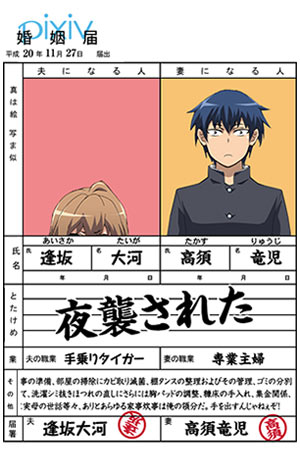While Japan generally imitates the legal framework of the West, one big difference is the use of 判子 hanko, or name stamps, when indicating approval on a contract, filling out forms at the bank, and so on. A custom imported from China ages ago, virtually every Japanese carries one of these unique name stamps with them. When a couple decides to get married, they head to their city office and fill out a marriage form, then both get out their hanko stamps and, in an iconic gesture, stamp the document…and then they’re married. One of the joys of being a gaijin in Japan is getting one of these name stamps made, which involves choosing official kanji for your name (though it’s perfectly okay to have one made using katakana, too). There are various ways to go about assigning kanji characters to a foreigner’s name, including basing it on the pronunciation or assigning your name as an unofficial reading for the kanji that represents your name, called ateji. Incidentally, J-List has a great custom name stamp service, which includes free assigning of a kanji name to you based on your preferences, and because our staff are native Japanese, you don’t need to worry about the characters meaning something embarrassing. These hanko stamps are legal for use in Japan.

Japanese use hanko stamps in lieu of signatures.















